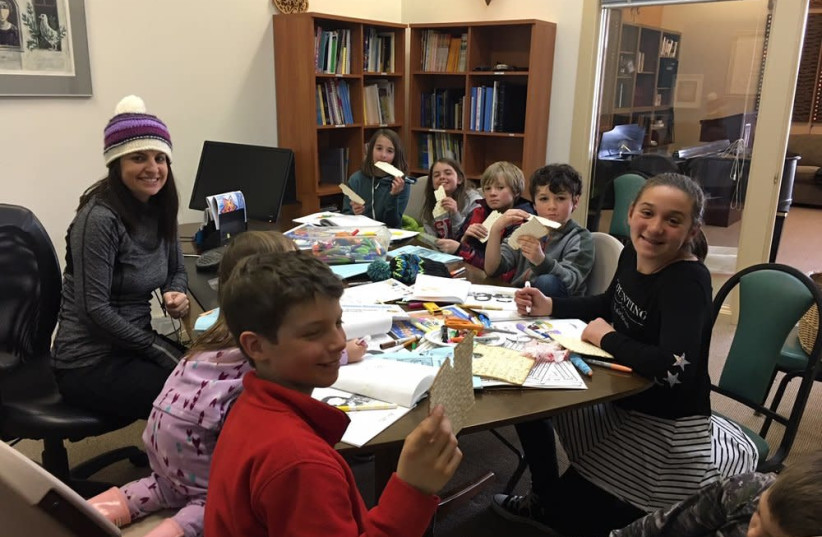The models that are taking Jewish education to new heights - opinion
Jewish education should be a place of joy and positive experiences, and Adam Sandler's most recent film depicts it as such.

In 2023, more attention has been given to Hebrew schools than at any other time since its inception in North America in 1838. Well, maybe not. But the release in 2023 of both The Jewish Education Project’s report “From Census to Possibilities: Designing Pathways for Jewish Learners” and Adam Sandler’s Netflix movie, You Are So Not Invited to My Bat Mitzvah, an adaptation of Fiona Rosenbloom’s 2005 young adult novel of the same name, might makes it seem that way.
The 'mitzvah project' has not always been around
While a “mitzvah project” seems embedded into this lifetime event now, that has not always been the case. We have part-time Jewish education largely to thank for this. As our census reinforces, Jewish education in most part-time settings aims to create a strong sense of community and belonging, instill in youth the desire and capacities to help make the world a better place, and provide meaningful Jewish experiences.THERE IS, of course, a balance to strike in pursuing this aim. As the census describes, good Jewish education must focus on the whole identity of the individual. The movie, in this regard, does not shy away from the challenges of adolescence and puberty. At its best, Jewish education speaks to, and is informed by, the realities of life.
BUT THE broader theme still holds true – successful part-time Jewish education depends on all stakeholders being involved in the totality of the educational program. The census and its subsequent reports argue that good Jewish education depends on all family members and leaders in the community, across different generations, buying into the learning experience.







